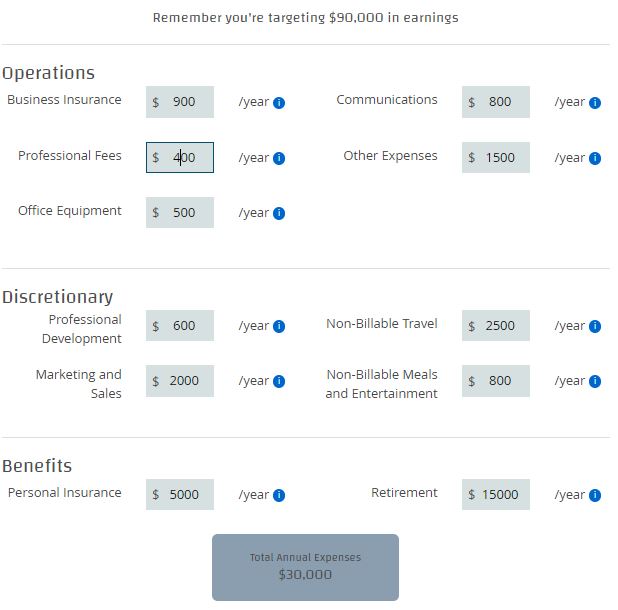Learn about how to pay your bill, how to set up auto payment, how to cancel account and contact customer support for bill rate vs pay rate calculator by using the official links that we have provided below.
Staffing Bill Rate Calculator | Contingent Staffing – Crowdstaffing
https://www.crowdstaffing.com/resources/bill-rate-calculator
This easy-to-use bill rate calculator tool helps you to calculate , for each state, what should be the bill rate for a Contingent Staffing position based on …

Calculate Your Staffing Agency’s Pay Rate and Bill Rate …
https://timerack.com/blog/how-calculate-staffing-agency-pay-rate-bill-rate/
Apr 20, 2021 · Barring extraordinary circumstances, the majority of your bill rate should consist of the raw pay rate you give your temporary employee. Gross profit – This is the amount (per hour) of profit you will receive per job. To calculate this, simply subtract the total cost from the bill rate. Calculate the Total Cost (Pay Rate Plus Additional Costs)
Frequently Asked Questions
How do I calculate ideal bill rate?
What is Overtime Rate?
- Regular pay of $15 × 8 hours = $120
- Overtime pay of $15 × 5 hours × 1.5 (OT rate) = $112.50
- Wage for the day $120 + $112.50 = $232.50
How to calculate your bill rate?
You can do this by following four steps:
- Find the electric appliance’s wattage and estimated monthly use in hours
- Multiply the appliance’s wattage and estimated monthly use to find watt-hours consumed
- Divide watt-hours consumed by 1,000 to find the appliance’s total kilowatt-hours consumed
How to calculate bill rates based on wages?
How to Calculate Bill Rates Based on Wages. … You need to only know how much you pay for the person’s base salary to calculate his pay rate. An unburdened labor rate will be significantly less than a burdened type because employee-related expenses are not included in the figures. The unburdened labor rate will be the basis for your burdened …
How to calculate billable rate?
One way to calculate a bill rate is to use a pricing multiplier. Start with the base salary of an employee, $80,000 per year. Divide that by the number of work hours in a year, which is about 2080. This results in an hourly rate of around $38.50. ($80,000/2080). A typical pricing multiplier is between three and five.